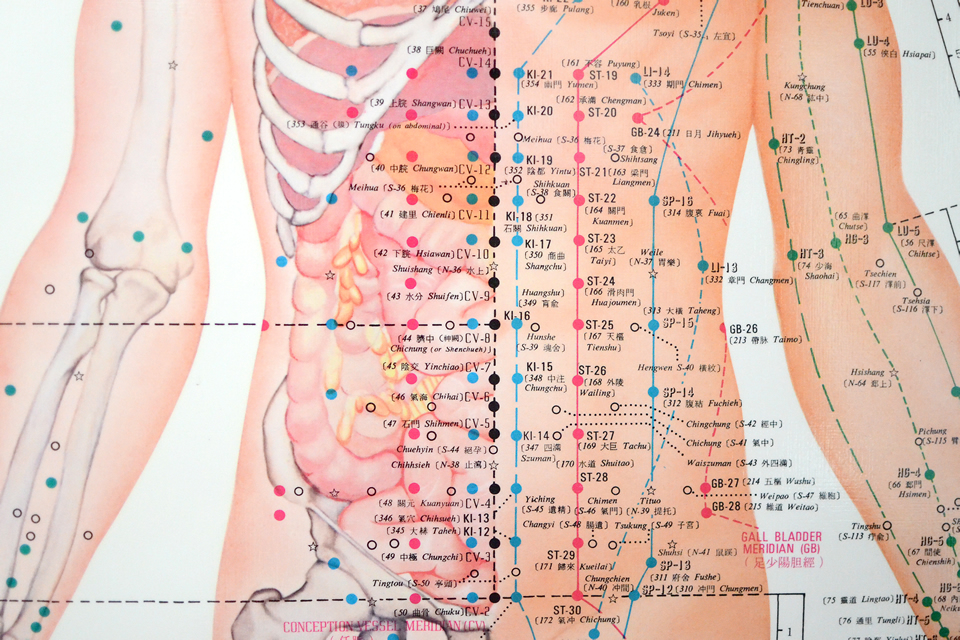Gastrointestinal Disorders
 Citrus Alternative Medicine
Citrus Alternative Medicine
By: Joseph E. Samuels, D.O.M.
Doctor of Oriental Medicine
Here in the United States and throughout the world, millions of people suffer from GI disorders on a daily basis. There are many different types of GI disorders as well as many different reasons for having them. A few examples of common GI disorders are:
Gastritis – An inflammation and in some cases, erosion of the lining of the stomach characterized by abdominal pain, abdominal distention, abdominal burning, indigestion, loss of appetite, etc.
Gastric Reflux (Acid Reflux) – A medical condition where stomach acid moves upward into your esophagus and creates symptoms such as heart burn, nausea, a sensation of food being stuck in your throat, etc.
Peptic Ulcers – An ulcer in the lining of the stomach or small intestine that creates symptoms such as bloating, heart burn, nausea, vomiting, etc. In some cases a patient can also have a peptic ulcer and not have any symptoms at all.
Generally speaking, GI disorders are caused by 4 main factors. The first is incorrect lifestyle habits, such as high stress levels, smoking and consuming excess amounts of alcohol. The second is improper diet. This includes type of food, volume of food, cleanliness of food and time of day we eat food. The third is infection which can be viral or bacterial and the forth is pharmaceutical drugs (NSAIDS).
Oriental Medicine is very effective for treating GI disorders in a safe and effective way. Listed below are some of the therapeutic actions Oriental Medicine has on the digestive system.
- Antiulcer effect to decrease production and release of gastric acid
- Antacid effect to neutralize gastric acid
- Analgesic effect to relieve pain
- Gastro protective effect to restore normal digestion and gastrointestinal functions
- Antitoxic effect to treat acute diarrhea due to drug or food poisoning
- Hemostatic effect to relieve constipation
- Anti-inflammatory effect to reduce swelling and inflammation
- Antispasmodic action to alleviate abdominal spasms and cramps
- Antibiotic effect to treat infection
- Antidotal function to eliminate toxins
As a Doctor of Oriental Medicine operating a family medical practice for the past 19 years, I believe the best way to treat GI disorders is to combine Eastern and Western medicine. Western trained physicians who specialize in gastroenterology are very effective in detecting problematic conditions in the digestive system through advanced technology. I always refer my patients for testing if the patient’s condition requires it. I also know Oriental medicine is very effective in treating GI disorders in a safe way. This combination of western testing and eastern treatment is a great way of incorporating “the best of both worlds of medicine”.


You must be logged in to post a comment.